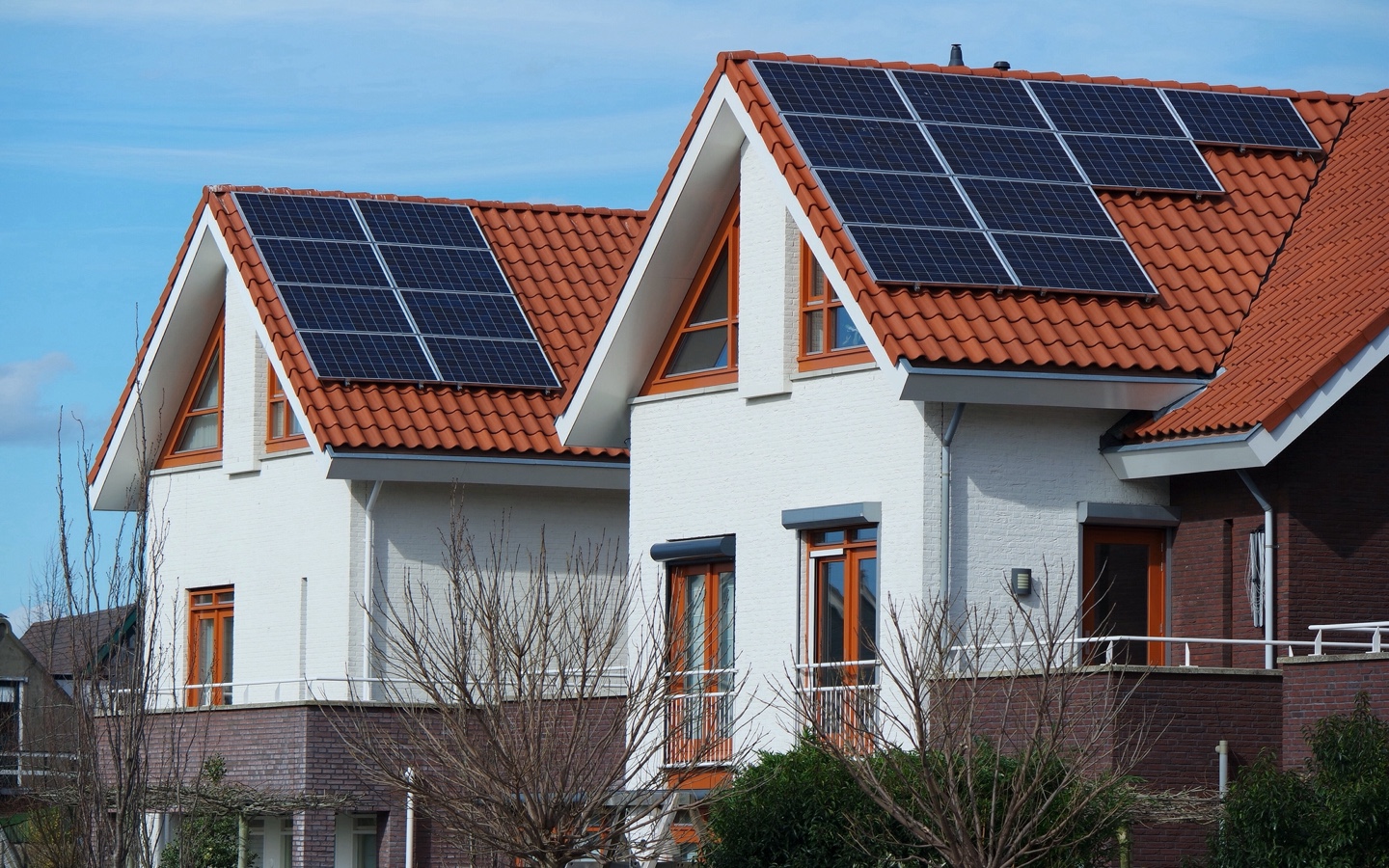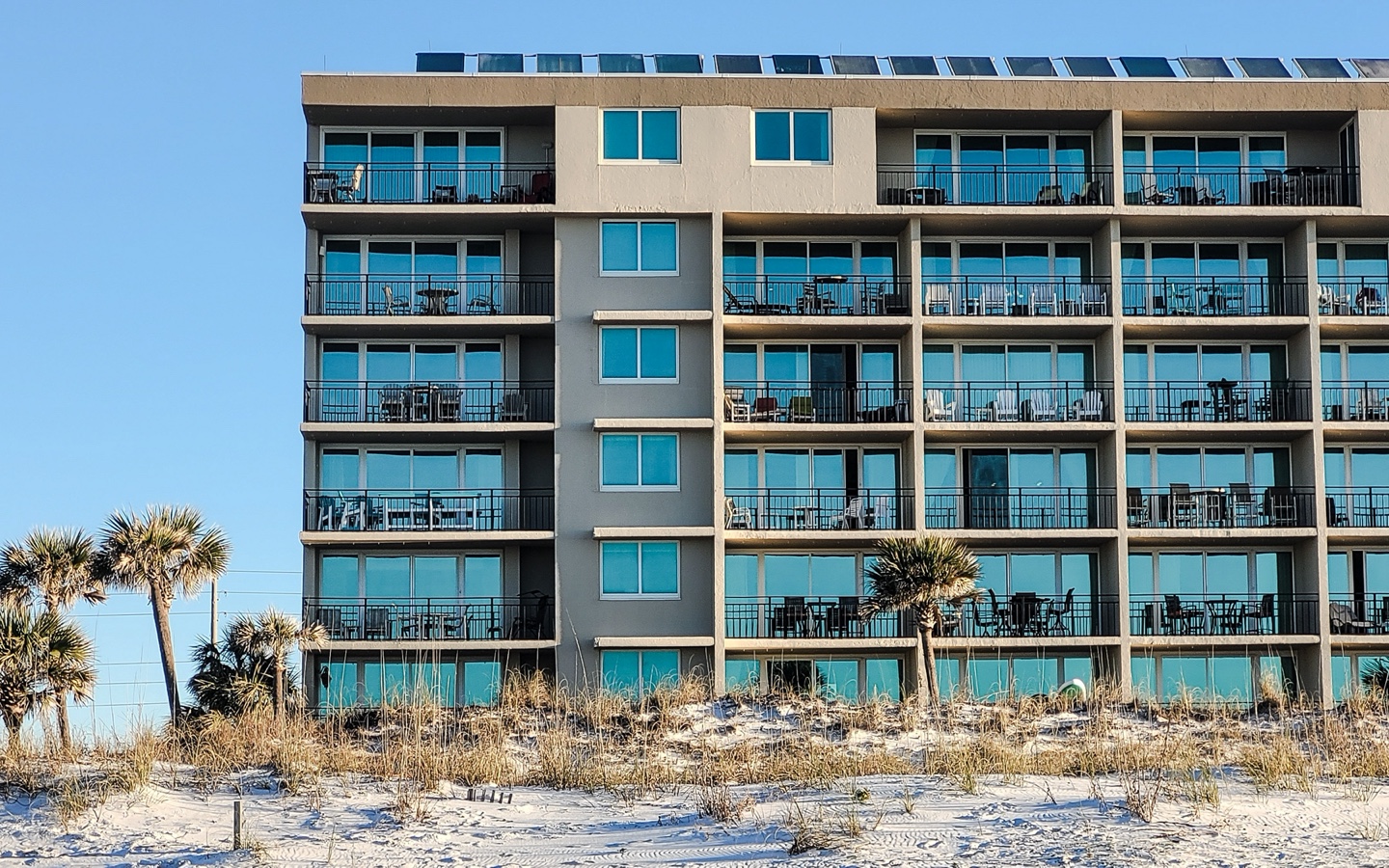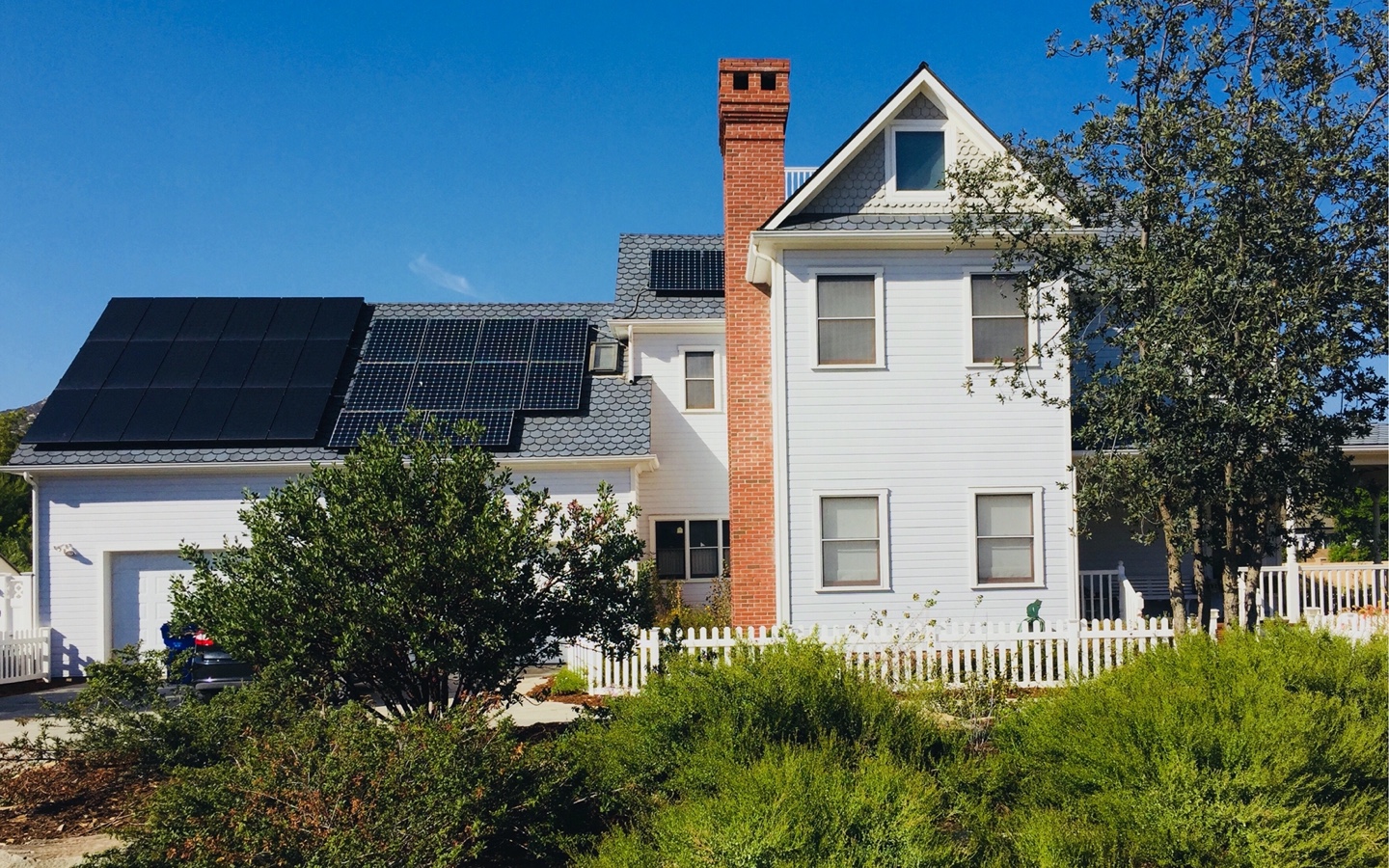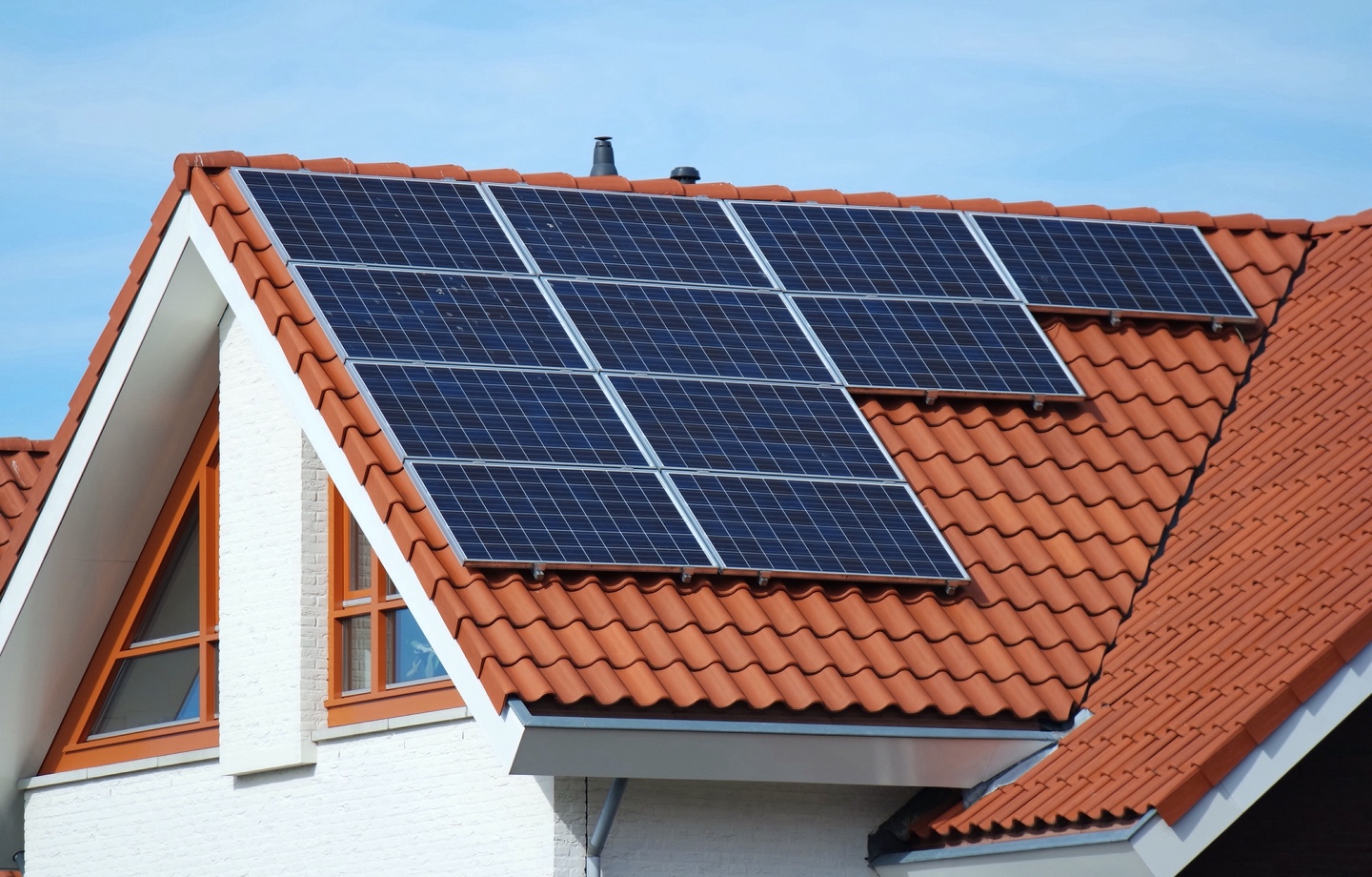Sustainability
Are Solar Co-ops the Future of Clean Energy?
Solar United Neighbors is a solar co-op using a strength-in-numbers approach to save the climate and address energy injustice.
This month, we’re celebrating the heroes that embody this year’s Earth Day theme: Restore Our Earth. Up first: Solar United Neighbors.
Last spring, my neighborhood built a community garden at the corner of one of our blocks. It started out as a dirt patch, then a fence showed up, raised beds after that, and by summer, tons of fruits and vegetables. Along the way, we all chipped in — both with sweat equity and monetarily — to make it happen. The hard work paid off. Every Friday through early fall we harvested ripe produce and herbs and anyone who stopped by could take some home.
It took banding together and a community spirit to bring the garden to life. And that’s a lot like how Solar United Neighbors works. The nonprofit is a solar co-op helping people across the country switch to clean solar energy in an effort to fight climate change.
Read More: Community-centered initiatives are bringing solar to our most marginalized communities.
The organization’s journey began in Washington, D.C. in 2007, when two teenagers were inspired to go solar after watching An Inconvenient Truth. But back then, solar wasn’t cheap. To make it happen, they needed to get the community involved. So they did. After handing out flyers and rallying the neighborhood, about 50 people signed on — and the idea of a solar co-op was born. Word spread around D.C., and the co-op model expanded around the city, then regionally. The organization is continuing to help people join together to go solar and fight for their energy rights.
“By empowering people to go solar, we’re helping them save money, produce electricity with a clean electricity source, but also have control over their energy use.”
Ben Delman, communications director at Solar United Neighbors.

The cost to go solar has dropped significantly since SUN’s first co-op, resulting in increased momentum in the $17 billion industry — in 2020, solar accounted for 43 percent of all new electricity-generating capacity added in the U.S. However, it’s still an expensive undertaking for one household. The solar co-op makes the dream of going solar more accessible. Instead of serving an individual, an installer working for a large group can save on material costs by buying in bulk and receive discounts during the permitting process. These savings then get passed on to the co-op. The strength in numbers is also helpful in getting necessary approvals through at the city or county level — delays are less likely when 50 people are waiting to get their solar energy installed.
“By empowering people to go solar, we’re helping them save money, produce electricity with a clean electricity source, but also have control over their energy use,” says Ben Delman, communications director at Solar United Neighbors. “The way our electricity system was built, it doesn’t benefit the user of that electricity. Big centralized power plants and monopoly owned utilities have a lot of leeway to set prices and control the energy system as they see fit.”
Naturally, the environmental reasons to make the switch are just as compelling. Our electric power sector is one of the largest contributors of greenhouse gases in the U.S. — and a major contributor to climate change — accounting for 28 percent of emissions. Solar is an emissions-free energy solution. As of the second quarter of 2020, the U.S. had more than 97.2 gigawatts of installed solar electric capacity, enough to power 17.7 million homes and offset more than 110 million metric tons of carbon dioxide emissions, according to the SEIA.

That’s why organizations like Solar United Neighbors are a win for both consumers and the environment. With the help of SUN, individuals can learn about the technology, financing, and installation process involved in solar. Once their co-op is large enough — between 25 and 50 people — the nonprofit helps them solicit bid proposals from qualified installers and select the one that best fits their needs.
Another integral part of SUN’s work is advocating for consumer rights. Homeowners associations can often include barriers to solar panel installation. Last year in Virginia, the nonprofit worked with the state homeowners association group to craft legislation to streamline the process and protect homeowners’ rights to install solar. They’ve also helped D.C. pass a 100 percent clean energy standard in December 2018 — under the law, the District of Columbia’s electricity system will be entirely powered by renewable sources by 2032. As part of this initiative, SUN took part in a grant-funded program known as Solar For All, in which they enabled more than 70 low-income families in D.C. to switch to solar via the co-op process. They’ve since replicated that model in Indianapolis — with plans to expand to more states.
SUN has also been instrumental in helping Maryland build its community solar program, which allows an individual or company to buy into a larger solar panel field and have the share they own or lease be credited to their electric bill as if it was on their roof. It’s a great option for those who rent or may not have a roof that is suitable for solar. “It’s just another intervention to help really diversify our electric system,” says Delman.
Thus far, SUN has helped 5,400 families go solar in the U.S., but they’re not stopping there. Recently, they launched a 30 Million Solar Homes campaign aimed at addressing climate change, economic downturn, and social injustice. By meeting their goal of installing solar in one out of every four homes across the country, they’ll be able to create tangible change by creating millions of reliable, good-paying jobs, cutting air and carbon pollution by 1.5 percent (the equivalent of taking 21 million cars off the road), bringing wealth to low- and middle-income communities and communities of color, and increasing energy independence.

Currently, they have about 300 organizations on board, from local groups to the Sunrise Movement. But it’s also going to take help from congress to see the plan through. As an individual, you can urge the Biden administration to take important policy action by signing the petition on SUN’s website. If you’re interested in joining a co-op, check out their solar co-op guide for all the intricate details, and see if there are any co-ops you can join nearby.
Right now, SUN has co-ops in 12 states, including Maryland, Virginia, Indiana, Florida, Texas, Pennsylvania, Colorado, and Arizona. Don’t see your state? Sign up for their waiting list to be notified when a co-op becomes available in your area, or contact SUN to let them know you want to develop a solar co-op of your own.
“Our 30 Million Solar Homes Campaign is a great entryway for folks to learn more about solar energy, to really learn that this is something ready today to help people save money, to help communities become more resilient, to really address, frankly, some of the social injustices of the way our current energy system works,” says Delman.

Shop Pillows
The Essential Organic Pillow Collection
Gentle, breathable, non-toxic support.





